University system faces stronger oversight
Updated: 2014-12-22 07:23
By Sun Xiaochen(China Daily)
|
||||||||
The Ministry of Education will implement stronger scrutiny over the university system's leaders and impose harsher punishments for corruption, the country's top anti-graft agency said on Sunday.
The Central Commission for Discipline Inspection of the Communist Party of China published, on Sunday, 18 measures developed by the Education Ministry that require ministry-affiliated institutes and colleges to strengthen supervision over key processes, including promotions, enrollment, campus construction and the allocation of research funds.
Anti-graft supervision should specifically target high-ranking officials such as college presidents, deans and admission officials, who hold absolute power in major areas related to the allocation of resources and funds as well as staff appointments, according to the measures.
The Ministry of Education also requires its affiliated departments and colleges to strictly implement the clean-governance standards for officials' office occupancy, government-car use, business trips and official receptions.
The measures state that disciplinary bodies should regularly inspect school officials' personal finances, housing conditions and gifts received, in the wake of a series of corruption scandals involving university officials.
Zhong Binglin, president of the Chinese Society of Education, applauded the supervision-strengthening measures while stressing that decentralizing administrative power within schools is crucial as well.
"The decision-making system in China's universities should be changed by a multiple-stakeholder system-something like school boards overseas-to balance the current centralization of power, along with instilling proper supervision and accountability mechanisms," Zhong said.
Most college presidents and other high-ranking officials in key departments are appointed by higher-level governments rather than being elected, giving them absolute power, which in turn has created a breeding ground for corruption.
At least five university presidents and high-ranking officials stepped down in 2013 after being investigated on corruption charges.
Cai Rongsheng, former head of admissions at Beijing's Renmin University of China, was arrested in May on charges of receiving huge bribes for selling university admission seats.
Cai was put under official investigation in November 2013 after being accused of taking over 10 million yuan ($1.6 million) to "help" students get enrolled by the high-profile university.
Chen Yingxu, a former professor at Zhejiang University, was sentenced to 10 years in jail by the Intermediate People's Court of Hangzhou, Zhejiang province, in January for embezzling more than 9 million yuan of research funds by fabricating receipts and contracts.
In late December 2013, Chu Jian, then vice-president of Zhejiang University, was investigated for allegedly misappropriating State-owned assets.
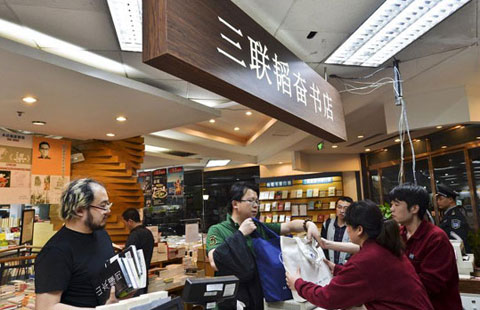
 Yearender: 10 cultural 'firsts' in 2014
Yearender: 10 cultural 'firsts' in 2014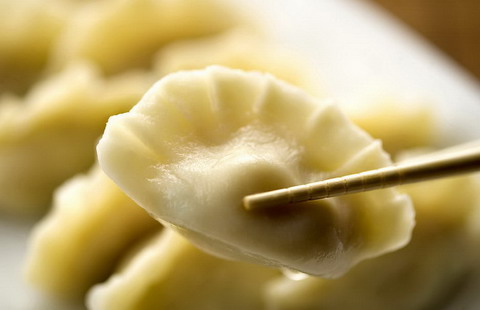
 9 things you may not know about Winter Solstice
9 things you may not know about Winter Solstice
 10 most innovative cities in Chinese mainland
10 most innovative cities in Chinese mainland
 The world in photos: Dec 15-21
The world in photos: Dec 15-21
 Santa Claus gives out gifts
Santa Claus gives out gifts
 BRICS countries upbeat on long-term growth
BRICS countries upbeat on long-term growth
 Trending: Cooking hot pot in snow
Trending: Cooking hot pot in snow
 Woman does Yoga in minus 30 degrees deep freeze
Woman does Yoga in minus 30 degrees deep freeze
Most Viewed
Editor's Picks
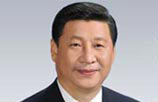
|

|

|
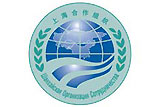
|

|
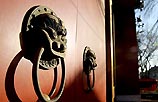
|
Today's Top News
Nation to become net capital exporter
Beijing willing to assist Moscow
US-led strikes against IS in Syria 'ineffective'
Pyongyang denies cyberattack on Sony
Colombia weighs oil sector options
China approves modified corn import
Obama expresses condolences for NY police officers
A fruitful year for China-Brazil relationship
US Weekly

|

|







